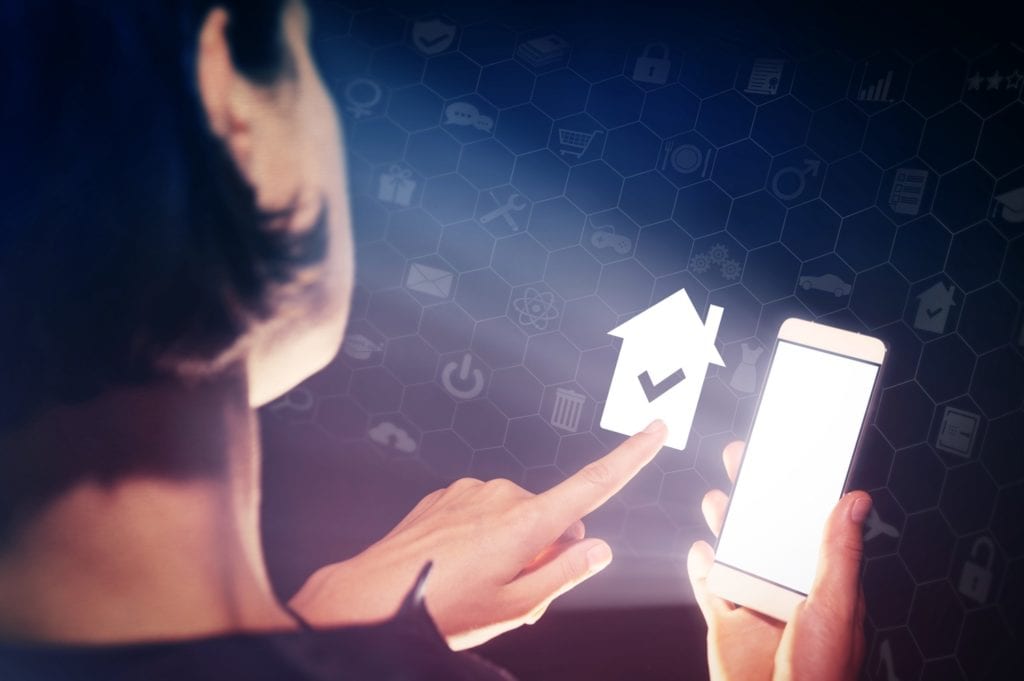 Virtual staging lets sellers and agents showcase properties for sale without ever requiring buyers to leave their homes. With buyers increasingly relying on the internet and virtual tours to streamline the search process and minimize risk of exposure to COVID-19, virtual staging plays an important role in marketing properties and attracting qualified buyers. Here’s what sellers should know about virtual staging and its role in successful real estate sales in the new normal.
Selling a home? Your options go beyond static images and traditional open houses. Here’s how to use virtual staging to your advantage when promoting a listing.
Virtual staging lets sellers and agents showcase properties for sale without ever requiring buyers to leave their homes. With buyers increasingly relying on the internet and virtual tours to streamline the search process and minimize risk of exposure to COVID-19, virtual staging plays an important role in marketing properties and attracting qualified buyers. Here’s what sellers should know about virtual staging and its role in successful real estate sales in the new normal.
Selling a home? Your options go beyond static images and traditional open houses. Here’s how to use virtual staging to your advantage when promoting a listing.
Promoting listings in the new normal
Before the pandemic, sellers and their representatives relied on traditional home staging to make properties more appealing.- 83% of agents believe that staging makes it easier for buyers to imagine a property as their future home.
- Staging has an impact on 20% of the homes sold in the United States – approximately 1 million of over 5 million properties were sold in 2019 used a professional home stager.
What is virtual staging?
Virtual staging is a highly effective marketing tool that markets the property by rendering pieces of information and décor into empty spaces. When virtually staging a home, you help buyers forge an emotional connection with that particular home, helping them envision the space as their own and how they might be able to decorate it once they move in. This is because the average buyer might have difficulty imagining what kind of furniture and paint are suitable for a bare property. With physical staging, agents work with professional stagers or interior designers who will curate and provide furniture, décor, art pieces, and other items for a fee. In most cases, this involves an on-going monthly fee, which means that the longer the property stays on the market, the higher the costs of physical staging. Likewise, if the seller needs to keep their own furniture in private storage, they will need to pay an on-going fee for storage space. After the home is sold, the staging company will take back all the furnishings. Virtual staging lets sellers enjoy the benefits of this arrangement at a much lower cost, and without the need for actual furniture and décor.The benefits of virtual staging
Aside from the lower costs, there are many benefits to virtual staging, including:- Flexibility – With virtual staging, you can style the home any way you want with none of the costs of renting furniture, which is a big advantage. This allows you to appeal to a wider audience since you can offer more options for styling and decorating the property.
- Convenience – Unlike traditional home staging, which can take weeks to finalize, most virtual staging companies have a shorter turnaround time of about 5 days, making it a better alternative for sellers who are pressed for time.
- Marketability – 85% of buyers think that photos are some of the most important factors when viewing properties online. Virtual staging can help buyers appreciate the full potential of the property, with 3D renderings that can highlight its best features and downplay its flaws.
- Safety – Virtual staging makes it easier for sellers and buyers to observe physical distancing when searching for homes. Virtual staging helps buyers decide which homes they’d like to view in person so that they can streamline the search process and attend fewer open houses, though lowering the likelihood of contracting or spreading COVID-19.
Other alternatives to traditional home staging
Virtual staging isn’t the only digital marketing tool at sellers’ and buyers’ disposal:- Livestreaming – An increasing number of agents and sellers use Facebook Live and Instagram Live to offer real-time tours of properties and engage prospective buyers online.
- Video – A professionally shot and edited video can also showcase the property’s best features.
- Websites – Having your own real estate website can help sellers promote listings and capture leads online.
